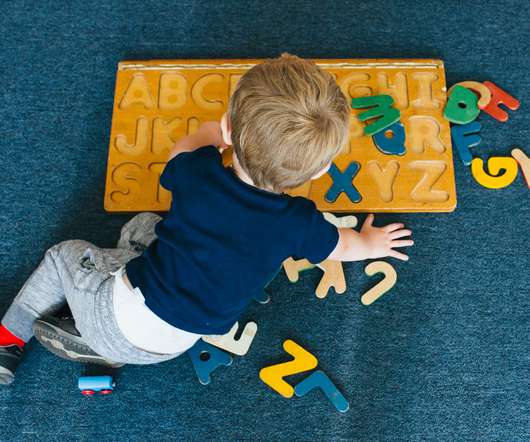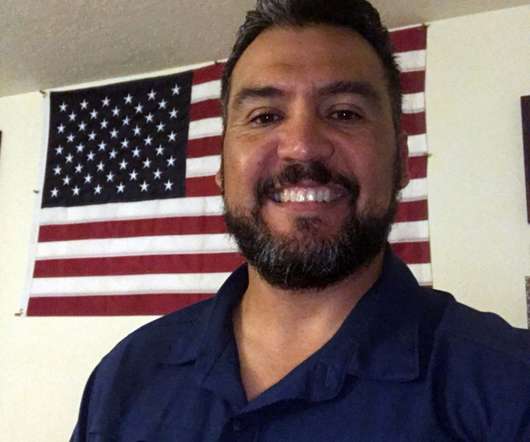Your classroom does not have to be Pinterest-worthy: Stay reflective on the WHY & avoid comparison
The Cornerstone for Teachers
AUGUST 13, 2017
I did it already, but mine looks amateurish in comparison. Oh hey, I have a set-up similar to that…but my handwriting is atrocious, and it’s not colorful, and basically my version looks like total crap in comparison. I do not make the assumption that because something looks good, it’s not also helping kids learn.





















Let's personalize your content